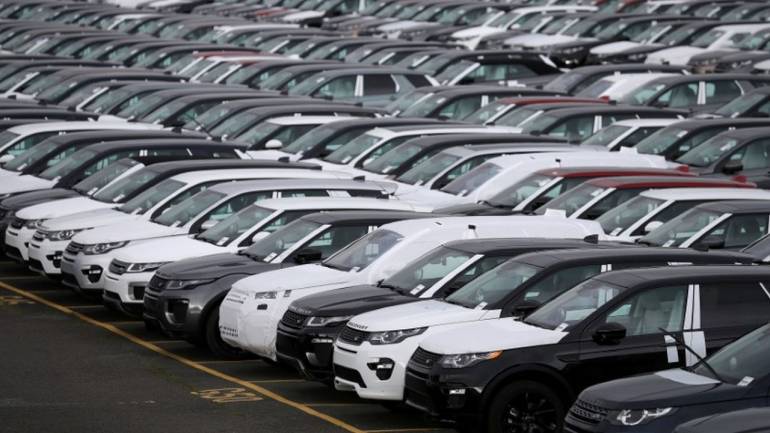Vishnu Mathur, director general of SIAM, said the move could also impact government revenues, employment and a huge ecosystem of the tier-I and tier-II – most of them are small scale industries.
The Society of Indian Automobile Manufacturers (SIAM) believes the proposed roadmap to bar internal combustion engines for two-wheeler and three-wheeler by 2023 and 2025 is impractical, said Vishnu Mathur, director general of SIAM.
“We as a country need to move forward ambitiously and not be laggards in the world. As we have said in the past, ambition needs to be tempered with what is practical. We should do what we can achieve and what we cannot achieve we should not try for that. I think the kind of roadmaps that have been laid down for 2023 and 2025 are too impractical and that is what the industry also feels and that is what we are hearing from all the other companies,” he said in an interview with CNBC-TV18.
The comments came in response to media reports that the government was considering a proposal to ban the sale of internal combustion engine (ICE) three-wheelers by 2023 and less than 150 cc two-wheelers by 2025.
There is a need for an integrated approach to be set up and there is a need for a lot of stakeholder consultation before arriving at such dates to ban a certain technology, said Mathur.
"We do not believe that in such a short time, a mature technology like internal combustion engines (ICEs) technology can be completely replaced by a new, evolving technology like electric vehicles (EV). So there is a need for far greater consultation and looking at a far more tempered approach, we should not look at disrupting the industry needlessly," he added.
There will be disruption and the auto industry has accepted that it is going to happen, but framing a policy that would accelerate the disruption should be avoided, he added.
If the government goes ahead with the policy, he said the two-wheeler and three-wheeler industry will be damaged critically. "We are number one in the world today as far as two-wheelers are concerned. We are the largest two-wheeler manufacturing country in the world and to that extent, a damage could be very large. There will be an impact on employment certainly and there will be a lot of new investments that are coming up including some Greenfield sites, which will get impacted."
The move could also impact government revenues, employment and a huge ecosystem of the tier-I and tier-II – most of them are small scale industries, he added.
"We need to look at the overall impact of what we are trying to achieve and weigh the pros and cons before we start taking very ambitious decisions which may be impractical.”
Source: CNBC-TV 18

















